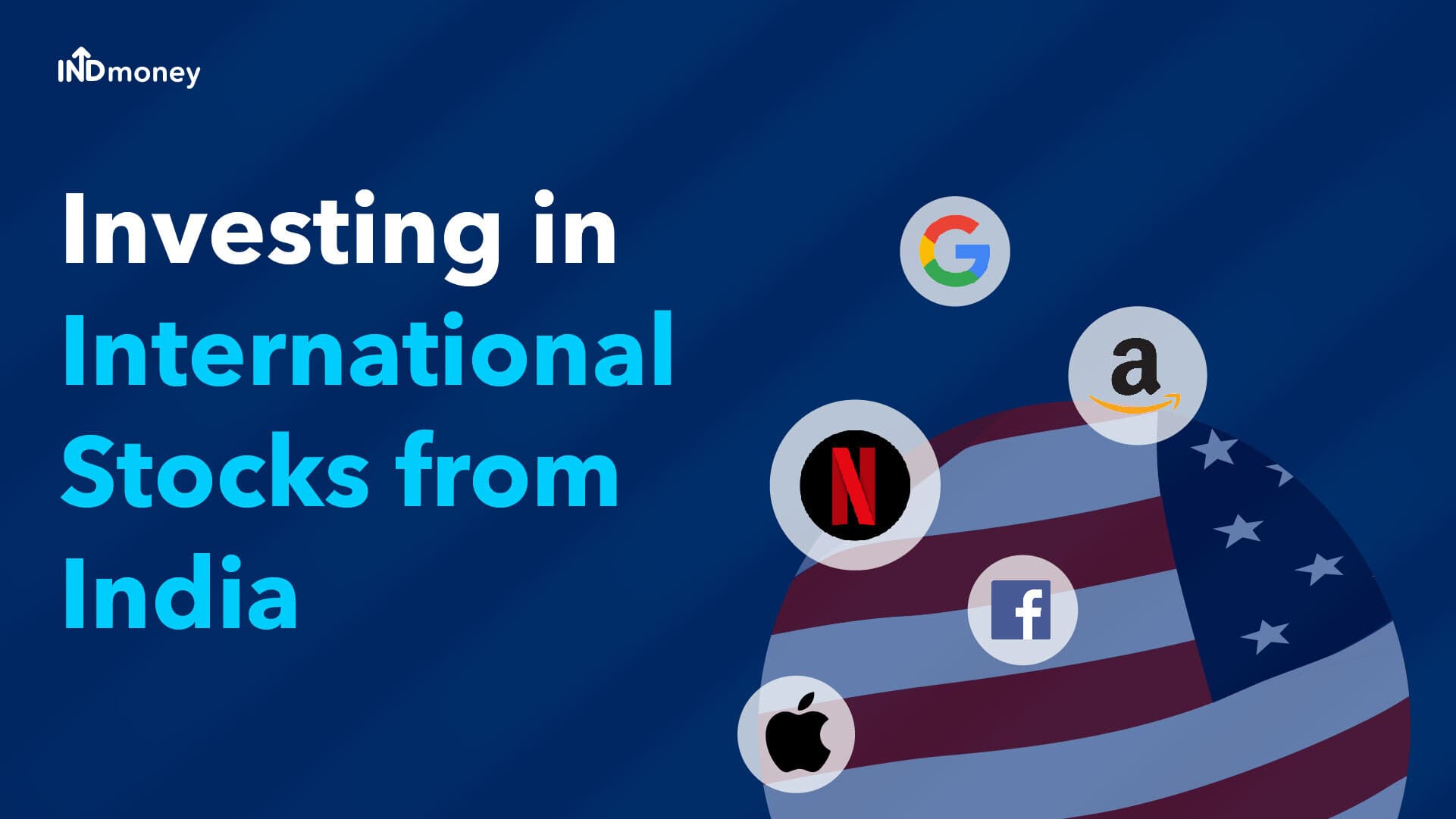
Finding the right online stock broker can seem daunting. There are many firms that offer investment services, some specialize in certain types of investments. These brokers can usually provide educational materials and funds that will help you learn about investing. Make sure to consider the management fees and any other expenses when selecting a platform for your investment goals.
Many of the best stock brokers online for beginners offer mobile platforms which allow you to trade and do research while on the move. They're a great option if you are just starting out investing. Some brokers also offer a robo-advisor, which allows you to automate your investments without additional fees. These platforms also make a good choice for DIY investors. They allow them to use tools such as technical analysis software or technical analysis software to determine the best investments for them.
Online stock brokers that offer beginner-friendly investment options will not only provide many investment options but also a range educational materials. Brokers may also be focused on customer service and offer live chat and support. These services are especially useful for investors just starting out.

A low-cost account with a low commission is a good option for novice investors. You can also find a variety of educational resources from the best brokers to help you create your investment strategy and make smart decisions. Many beginner investment firms offer retirement accounts as well as joint brokerage accounts and individual brokerage accounts. It is crucial to choose the right investment company, especially if your goal is to create a diverse portfolio.
An account with a brokerage that allows you to trade margin will be a good choice for beginners. A margin account allows you to borrow money to buy securities, which can be helpful during price surges. This type of account also comes with a higher interest rate than a standard account. Many online stock brokers charge a fee to wire transfer and phone-assisted traders.
Many investors consider their investments as a means of growing wealth. It may seem tempting to put all your money into the stock market. However, it is possible to invest in mutual funds that are lower in cost. This fund may have low minimum contribution requirements, making it easier to get started investing. These funds also make it easy to start investing, even if you don't know much about the market.
SoFi Invest is another great online broker for beginners. This platform allows you to trade commission-free and pay low fees with a robo advisor. It also allows for fractional share and cryptocurrency investing. The platform is easy to use by digital natives. It also offers a variety of financial products. Although it doesn't have every ETF or stock, it's a great option for people just starting out.

IBKR offers many features for active traders. However, it can be overwhelming. You may also find the pricing structure confusing. If you are new to the stock market, you may want to start with IBKR Lite, which includes all the features you need for a beginner investor. IBKR Pro, however, is more suited to traders and experienced investors.
FAQ
What is the purpose of the Securities and Exchange Commission
The SEC regulates securities exchanges, broker-dealers, investment companies, and other entities involved in the distribution of securities. It enforces federal securities laws.
Can you trade on the stock-market?
Everyone. However, not everyone is equal in this world. Some people are more skilled and knowledgeable than others. They should be rewarded for what they do.
But other factors determine whether someone succeeds or fails in trading stocks. If you don’t have the ability to read financial reports, it will be difficult to make decisions.
Learn how to read these reports. It is important to understand the meaning of each number. You must also be able to correctly interpret the numbers.
You will be able spot trends and patterns within the data. This will help to determine when you should buy or sell shares.
If you are lucky enough, you may even be able to make a lot of money doing this.
How does the stock markets work?
By buying shares of stock, you're purchasing ownership rights in a part of the company. Shareholders have certain rights in the company. He/she can vote on major policies and resolutions. He/she may demand damages compensation from the company. And he/she can sue the company for breach of contract.
A company cannot issue shares that are greater than its total assets minus its liabilities. This is called capital sufficiency.
A company with a high ratio of capital adequacy is considered safe. Low ratios can be risky investments.
How are securities traded?
The stock exchange is a place where investors can buy shares of companies in return for money. In order to raise capital, companies will issue shares. Investors then purchase them. When investors decide to reap the benefits of owning company assets, they sell the shares back to them.
Supply and demand determine the price stocks trade on open markets. The price of stocks goes up if there are less buyers than sellers. Conversely, if there are more sellers than buyers, prices will fall.
There are two methods to trade stocks.
-
Directly from company
-
Through a broker
What is a REIT?
A real estate investment trust (REIT) is an entity that owns income-producing properties such as apartment buildings, shopping centers, office buildings, hotels, industrial parks, etc. They are publicly traded companies which pay dividends to shareholders rather than corporate taxes.
They are similar companies, but they own only property and do not manufacture goods.
What is the difference between non-marketable and marketable securities?
Non-marketable securities are less liquid, have lower trading volumes and incur higher transaction costs. Marketable securities can be traded on exchanges. They have more liquidity and trade volume. Because they trade 24/7, they offer better price discovery and liquidity. There are exceptions to this rule. There are exceptions to this rule, such as mutual funds that are only available for institutional investors and do not trade on public exchanges.
Non-marketable security tend to be more risky then marketable. They have lower yields and need higher initial capital deposits. Marketable securities are usually safer and more manageable than non-marketable securities.
A large corporation may have a better chance of repaying a bond than one issued to a small company. The reason for this is that the former might have a strong balance, while those issued by smaller businesses may not.
Because they are able to earn greater portfolio returns, investment firms prefer to hold marketable security.
What is a mutual funds?
Mutual funds are pools or money that is invested in securities. They offer diversification by allowing all types and investments to be included in the pool. This reduces risk.
Professional managers oversee the investment decisions of mutual funds. Some funds offer investors the ability to manage their own portfolios.
Mutual funds are often preferred over individual stocks as they are easier to comprehend and less risky.
Statistics
- Individuals with very limited financial experience are either terrified by horror stories of average investors losing 50% of their portfolio value or are beguiled by "hot tips" that bear the promise of huge rewards but seldom pay off. (investopedia.com)
- For instance, an individual or entity that owns 100,000 shares of a company with one million outstanding shares would have a 10% ownership stake. (investopedia.com)
- "If all of your money's in one stock, you could potentially lose 50% of it overnight," Moore says. (nerdwallet.com)
- Ratchet down that 10% if you don't yet have a healthy emergency fund and 10% to 15% of your income funneled into a retirement savings account. (nerdwallet.com)
External Links
How To
How to make a trading program
A trading plan helps you manage your money effectively. It helps you understand your financial situation and goals.
Before you create a trading program, consider your goals. You may wish to save money, earn interest, or spend less. You might want to invest your money in shares and bonds if it's saving you money. If you're earning interest, you could put some into a savings account or buy a house. If you are looking to spend less, you might be tempted to take a vacation or purchase something for yourself.
Once you have an idea of your goals for your money, you can calculate how much money you will need to get there. This depends on where you live and whether you have any debts or loans. Consider how much income you have each month or week. Your income is the amount you earn after taxes.
Next, you need to make sure that you have enough money to cover your expenses. These expenses include rent, food, travel, bills and any other costs you may have to pay. All these things add up to your total monthly expenditure.
You'll also need to determine how much you still have at the end the month. That's your net disposable income.
Now you've got everything you need to work out how to use your money most efficiently.
Download one from the internet and you can get started with a simple trading plan. Ask an investor to teach you how to create one.
Here's an example spreadsheet that you can open with Microsoft Excel.
This displays all your income and expenditures up to now. It includes your current bank account balance and your investment portfolio.
Another example. This one was designed by a financial planner.
It shows you how to calculate the amount of risk you can afford to take.
Do not try to predict the future. Instead, be focused on today's money management.